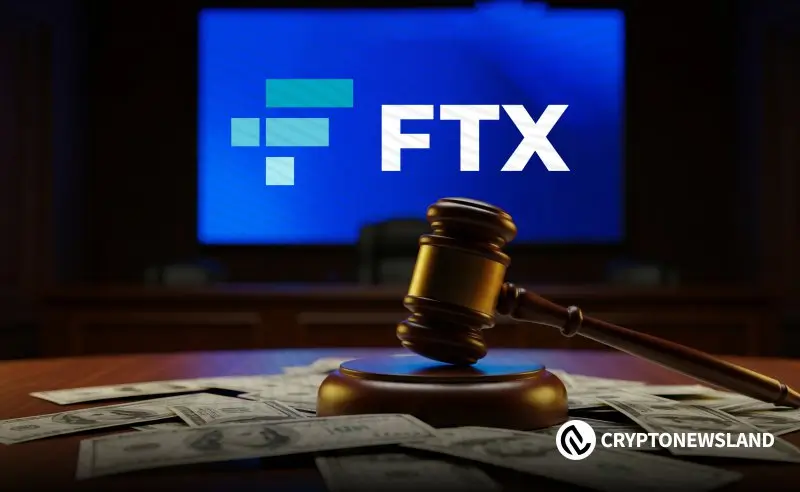
On July 9, 2025, Weiwei Ji, representing over 300 Chinese FTX creditors, filed an objection in Delaware Bankruptcy Court against a motion that could block $800 million in claims across 49 jurisdictions, with China holding 82% of the value. The motion, filed by FTX on July 2, seeks to designate regions with strict crypto laws as “restricted,” potentially forfeiting claims if legal compliance isn’t feasible. Ji argues this unfairly targets Chinese creditors, despite their compliance with all bankruptcy procedures.
FTX’s plan involves consulting local legal experts to assess payout feasibility in 49 jurisdictions, including China, Russia, and others where crypto trading is banned or restricted. If deemed non-compliant, claims could be redirected to the FTX Recovery Trust. Creditors have a 45-day window to object, but failure to do so or losing in court means forfeiture. Ji, a Singapore tax resident with a Chinese passport, notes his family’s four KYC-verified FTX accounts hold over $15 million in claims, fully compliant with the bankruptcy plan.
Ji disputes China’s “restricted” status, citing legal precedents like the Celsius Network bankruptcy, where Chinese creditors received USD payouts via Hong Kong accounts. He argues that China recognizes digital assets as property, and Hong Kong’s crypto-friendly regulations support compliant distributions. Ji insists FTX’s USD-denominated claims can be processed without legal risk, urging the court to reject the motion to ensure fair payouts.
Chinese creditors, backed by advocates like Sunil Kavuri, are rallying against the proposal, calling it discriminatory. Social media posts reflect frustration, with users arguing that China’s ban on crypto trading doesn’t preclude holding assets or receiving USD offshore. A July 22 court hearing will decide the motion’s fate, potentially setting a precedent for crypto bankruptcies.
